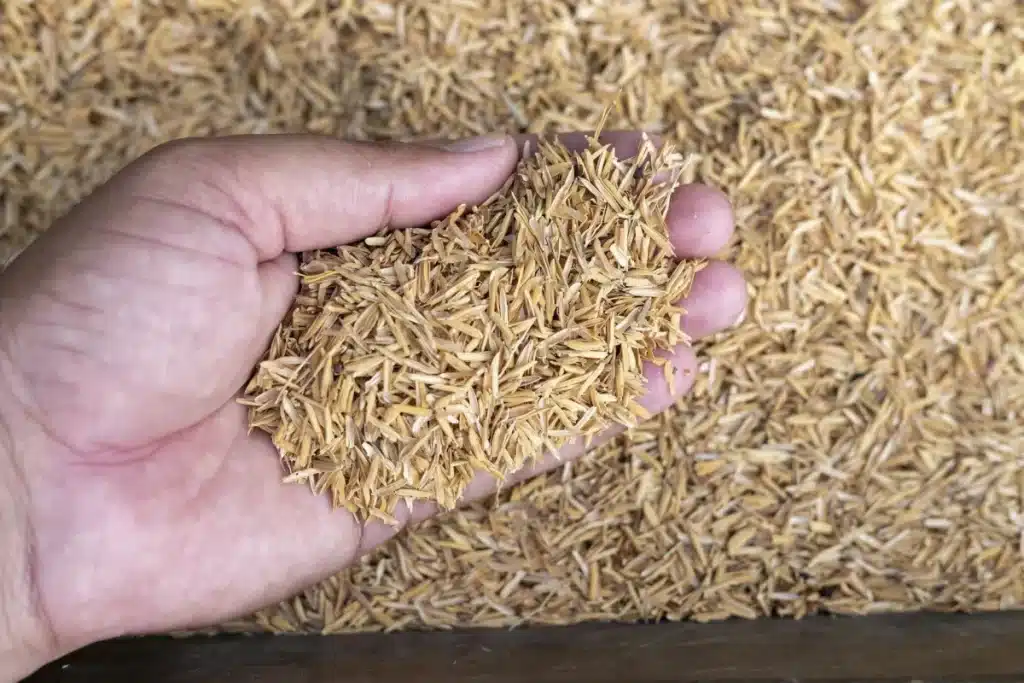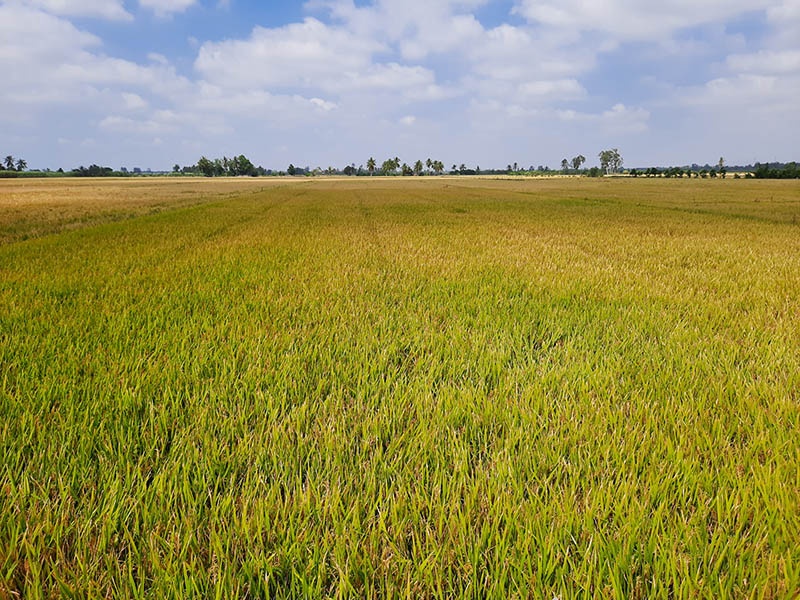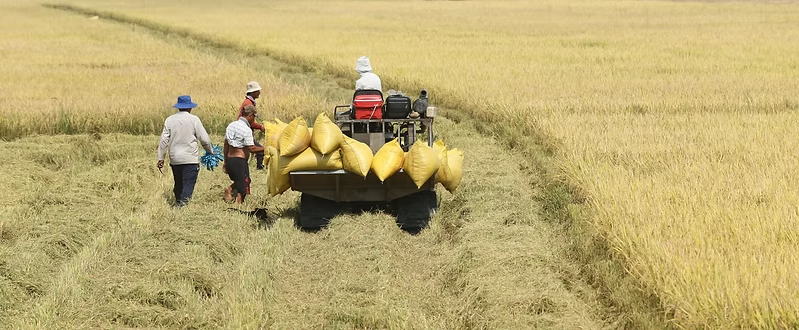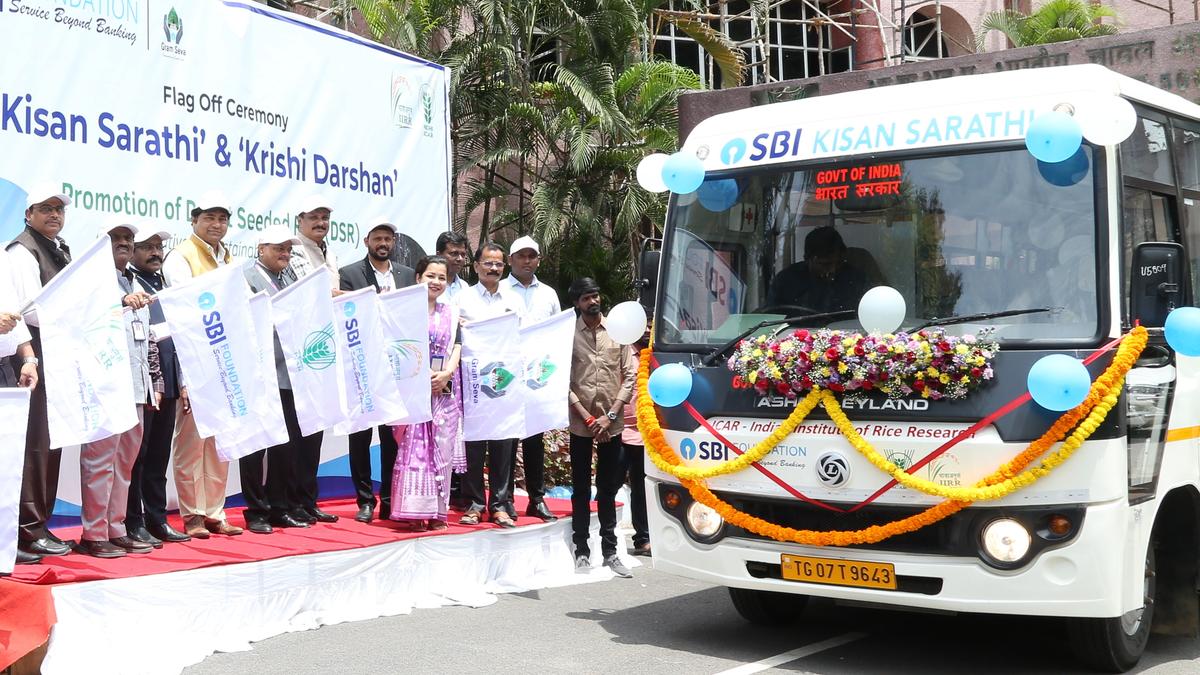Tags
Scientists use rice crop byproduct to develop sustainable packaging material — here’s how it could transform the food industry
The resulting chitosan-based composite films are not only sturdy and durable but also completely biodegradable.

A team of innovative researchers has developed a tasty new recipe for eco-friendly food packaging, and according to Phys.org, the secret ingredient might surprise you.
You know that protective outer layer you toss out before cooking rice? Scientists at Kyungpook National University in South Korea have found a clever way to turn this common kitchen scrap into a sustainable packaging superhero, according to research published in the Journal of Bioresources and Bioproducts.
By treating rice husks with a special chemical process and then mixing in an enzyme cocktail, the team extracted strong, water-resistant nanofibers. These tiny fibers are like the building blocks of the ultimate green packaging material when combined with chitosan, a natural compound derived from crustacean shells.
The resulting chitosan-based composite films are not only sturdy and durable but also completely biodegradable. That means they could help tackle our global plastic waste problem head-on by offering an Earth-friendly alternative to traditional food packaging.
But the benefits don’t stop there. Using rice husks as a raw material helps cut down on agricultural waste, making this innovation a win-win for both people and the planet. Plus, the films boast some pretty nifty bonus features, like blocking harmful UV rays and providing an extra layer of defense for delicate goods.
Scientists are exploring other promising plastic-free packaging innovations as well, including bioplastics made from plants, mushroom and seaweed-based packaging, and even edible coatings for fruits and veggies using plant-derived oils.
As more and more consumers demand greener options, the rice husk packaging could be a game-changer for the food industry. It’s just one example of how small changes in our daily lives — like finding new uses for kitchen scraps — can add up to a big impact in the fight against rising global temperatures.
So the next time you’re whipping up a batch of rice, remember — that humble husk might just hold the key to a cleaner, greener future.
https://www.thecooldown.com/green-tech/rice-husk-packaging-food-packaging-waste/Published Date: May 18, 2024






